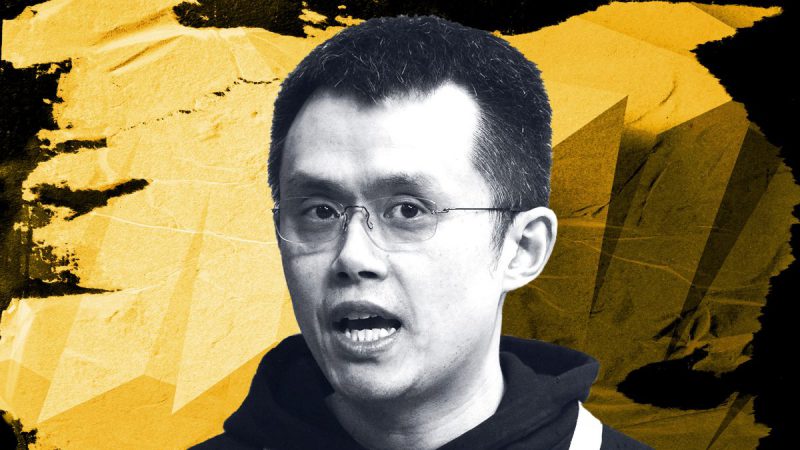In a recent turn of events, Binance founder Changpeng “CZ” Zhao encountered a setback when a federal judge turned down his plea to travel to the United Arab Emirates (UAE) for personal reasons, despite his proposal to use $4.5 billion in Binance equity as assurance for his return to the United States. This development highlights the hurdles CZ confronts in navigating legal intricacies subsequent to his admission of guilt in connection with anti-money laundering lapses at the world’s leading cryptocurrency exchange.
Offer and Rejection
Court records reveal that Zhao’s legal team submitted a letter to Judge Richard Jones on Dec. 22, outlining their client’s request to visit the UAE for a period of one to four weeks. The purpose of the trip was to support an undisclosed individual undergoing hospitalization, surgery, and recovery, with the person’s identity redacted in the filed documents. Despite CZ stepping down as Binance CEO following his guilty plea, he suggested pledging $4.5 billion in Binance equity, calculated based on the company’s valuation from its last fundraising round two years ago, to secure his return.
Nevertheless, the request encountered opposition from federal prosecutors, and in a closed hearing on Dec. 29, Judge Jones denied Zhao’s application to travel. This marked the second occasion the judge rejected such a request, citing concerns over CZ’s considerable wealth and the potential risk of flight.
Also Read: Binance To Settle with CFTC for $2.7 Billion
Judge’s Apprehensions
In a comprehensive order issued on Dec. 7, Judge Jones expressed reservations about permitting Zhao to travel to the UAE. The judge underscored Zhao’s “enormous wealth and property abroad” and highlighted the absence of substantial ties to the United States. Moreover, concerns arose regarding Zhao’s family residing in the UAE and his perceived privileged status in the country, further raising apprehensions about the possibility of Zhao fleeing if he were to return to the UAE.


Legal Context
Earlier, Zhao had admitted guilt in a Seattle federal court for failing to uphold an effective anti-money laundering program at Binance. As part of the legal resolution, the cryptocurrency exchange agreed to pay $4.3 billion in penalties. Zhao is slated to face sentencing on Feb. 23 but has thus far remained free in the U.S. under a $175 million release bond.
The rejection of Zhao’s travel request, despite his substantial offer of Binance equity as security, underscores the intricate legal challenges faced by prominent figures in the cryptocurrency sector. As the sentencing date approaches, the unfolding developments in Zhao’s case provide valuable insights into the complex interplay between cryptocurrency, regulatory compliance, and personal legal considerations.
Also Read: Judge Again Denies Binance Founder’s Request to Leave the US





